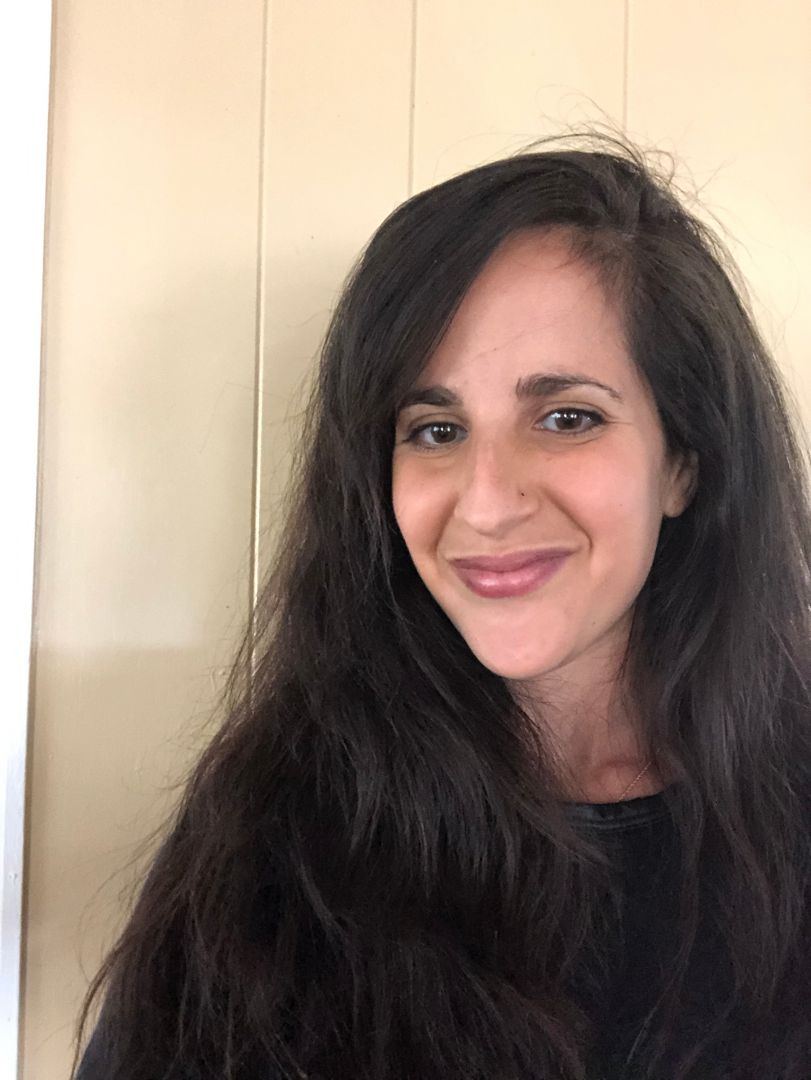Meet Brooke Sahni: Writer


We had the good fortune of connecting with Brooke Sahni and we’ve shared our conversation below.
Hi Brooke, what habits do you feel helped you succeed?
For a long time, I had a really hard time allowing my writing be “messy” on the page—I agonized over a single paragraph for far too long. I’ve gotten better at writing very messy first drafts, which has been an invaluable part of the writing process. I write a first draft, that’s almost incoherent, just to get the ideas down, then go back and make it cleaner—it usually takes four rounds of this process before I will even show it to anyone, then I start revising based on the feedback that I resonate with.


Let’s talk shop? Tell us more about your career, what can you share with our community?
I write poetry and fiction. Some of my recent fiction has appeared or is forthcoming in journals like CutBank, Indiana Review, The Florida Review Online, Southwestern American Literature and elsewhere. My poetry chapbook, Divining, recently won the Orison Chapbook Prize and my debut full-length collection, Before I Had the Word, was recently selected by Maggie Smith as the winner of the X.J. Kennedy Poetry Prize. Both of these books contend with my cultural identities—Sikhism and Judaism—and explore the holy in the mundane. In addition to the difficulty of crafting these books— writing them, revising them relentlessly, etc.,— the biggest writerly challenge I’ve faced is the commitment to the art in general. I still grapple with calling myself “a writer” in the outside world, even though writing is something so, so important to me and I’ve spent years and years of my life studying it formally in school. I think this hesitation speaks to the struggle a lot of artists face when our culture, generally, doesn’t value art the way we do the maths and sciences. I’ve talked to plenty of writers who always say there is at least one or two family members who just “don’t get” what they do. I still have people assume that I write poetry that rhymes, which is to say that being a writer, a poet, can feel isolating and is often misunderstood. There is also tons of rejection and not a lot of financial gain, particularly in poetry, so we constantly have to remind ourselves why we’re doing it. I think Rainer Maria Rilke is right when he talks about writing for the writing’s sake. While I do grapple with artistic pursuit, I also feel deeply fortunate that writing, for me, has always felt like a sacred act, like something I have to do regardless of the outcome. That doesn’t mean it’s easy or even pleasurable, but just that there’s this silent voice, this urge to keep going. I don’t write everyday—weeks or even months will go by when I don’t write. I’ve had students ask me how to overcome writer’s block and I tell them that I don’t believe in it. I’ve heard other writers talk about a “gestation period,” where we rest, live, let stories ruminate inside of us—I think this is true. We write when we are supposed to.



Who else deserves some credit and recognition?
My teachers! My undergraduate mentor, Sheila Sanderson, is the first person who really turned me on to poetry and encouraged me to keep at it. I also hear the voices of teachers going as far back as third grade, telling me to write. My cohort in my MFA were my teachers, my readers, the natural world, and, of course, other poets whose work makes me feel, are all my teachers.
Website: brookesahni.com
Instagram: https://www.instagram.com/brookesahni/
